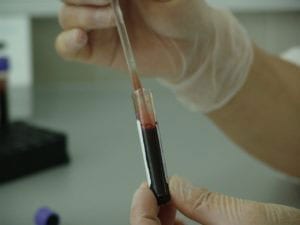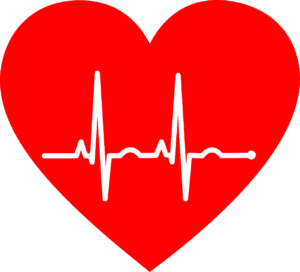Churg-Strauss Syndrome (CSS)
What is Churg-Strauss syndrome?
Churg-Strauss syndrome, or eosinophilic granulomatosis with polyangiitis (EGPA), is an autoimmune disorder where blood vessels are inflamed, causing restricted blood flow to critical tissues and organs, often leading to permanent damage. Organs affected are: lungs, GI tract, skin, heart and the nervous system.
Churg-Strauss is rare, with only two to five new cases per one million people each year. On average, 35-50 years old is the age at which patients are diagnosed. After approximately five years of diagnosis, patients have a 70 to 90 percent chance of survival.
What are the symptoms of Churg-Strauss syndrome?
Churg-Strauss syndrome has three phases that do not necessarily occur in everyone or in this order: prodromal (allergic), eosinophilic and vasculitic.
The allergic phase is marked by allergic reactions, asthma, hay fever, and chronic sinus problems. The eosinophilic phase is marked by a particular white blood cell in tissues, lungs, GI tract and the skin. The vasculitic phase is marked by extreme blood vessel inflammation, and possibly the narrowing of the vessels that may block or slow down blood flow to organs.
In general, Churg-Strauss syndrome symptoms include:
- Chronic to severe asthma
- Higher than 10% count of white blood cells called eosinophils
- Neuropathy caused by nerve damage to one more groups of nerves
- Lesions or spots that appear on a chest x-ray that seem to move from place to place
- Acute or chronic sinusitis
- White blood cells outside of blood vessels
What causes Churg-Strauss syndrome?
Generally, the cause of Churg-Strauss is unknown. It is considered to be an autoimmune disease.
How is Churg-Strauss syndrome diagnosed?
Blood tests, imaging tests such as X-rays, and biopsies of damaged tissue can help determine whether or not you have Churg-Strauss. Each of these tests look for autoantibodies in the blood, abnormalities in the lungs and sinuses, and vasculitis in the tissues, respectively. Additionally, doctors may consult medical history or do a physical examination to rule out other conditions.
What are the treatments for Churg-Strauss syndrome?
Treatments for CSS include:
- Corticosteroids
- Immunosuppressive drugs
- Immune globulin
- Biologic medications
Where can I find out more about Churg-Strauss syndrome?
Churg-Strauss Syndrome Articles


“Queen of All Media” Kris Aquino Has Been Diagnosed with Churg-Strauss Syndrome



When Balancing Treatment and Side Effects Feels Like Walking a Tightrope


The Amazing Support from Her Viewers Astonished Reporter with Churg-Strauss




